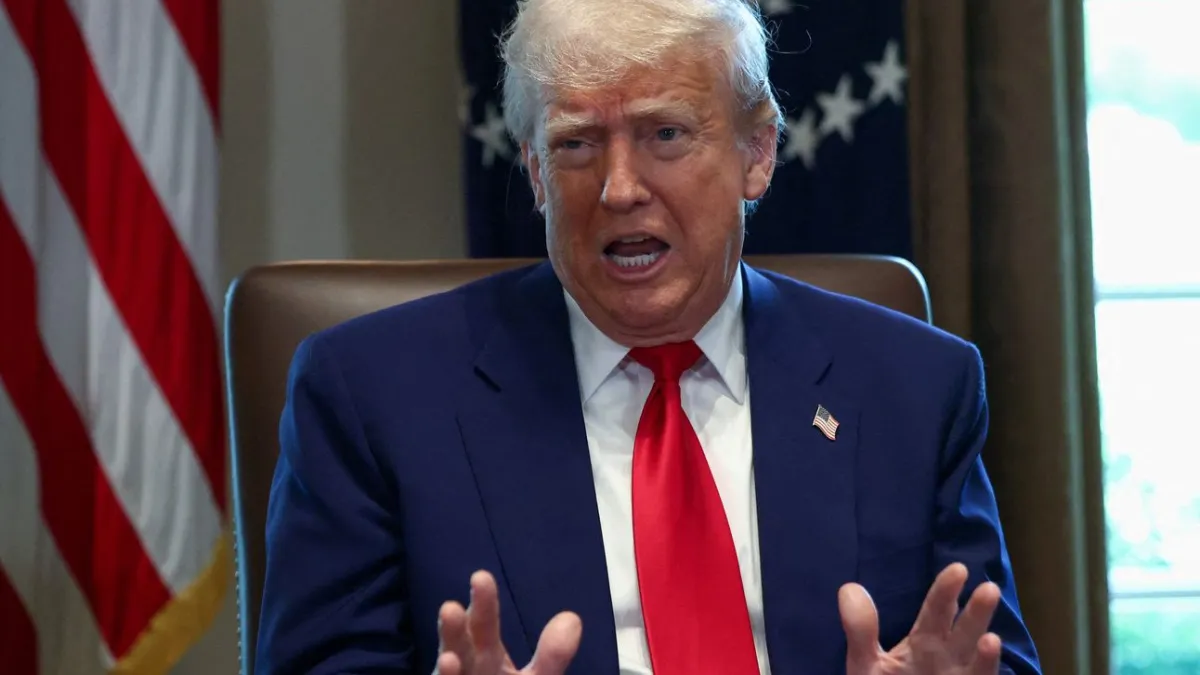
Complaining that negotiations are “going nowhere,” President Donald Trump threatened to ramp up his trade war with Europe late last week, saying on Friday that he is “recommending a straight 50% Tariff on the European Union,” starting on June 1.
Trump added later in the day that he does not expect the U.S. and the EU to reach a new trade deal in nine days. “I’m not looking for a deal,” Trump said in the Oval Office. “I mean, we’ve set the deal. It’s at 50%.”
Markets did not respond well to the news, and on Sunday, following a phone call with European Commission President Ursula von der Leyen, Trump backed off a bit, announcing that he would delay the new tariffs until July 9.
“She said we will rapidly get together and see if we can work something out,” Trump told reporters Sunday, referring to von der Leyen. Stocks soared on Tuesday on the news following the long holiday weekend.
Apple targeted: Adjusting his sights from Europe to California, Trump on Friday targeted Apple with a tariff threat as well.
“I have long ago informed Tim Cook of Apple that I expect their iPhone’s that will be sold in the United States of America will be manufactured and built in the United States, not India, or anyplace else,” Trump wrote on his social media platform. “If that is not the case, a Tariff of at least 25% must be paid by Apple to the U.S.”
Trump officials have talked about Apple moving production of its iPhone and other devices from China and India to the U.S., but economists have warned that doing so would be both extremely difficult and extremely expensive. Some estimate that a U.S.-built iPhone could cost upwards of $3,000.
Apple is now the worst-performing of the major tech stocks this year, in large part due to Trump’s tariffs, threatened and real, particularly those aimed at China. “This kind of tariff rhetoric, even if it never materializes, chips away at investor confidence,” Haris Khurshid, chief investment officer at Karobaar Capital, told Bloomberg. “You can’t run a $3 trillion company with a trade grenade hanging overhead.”